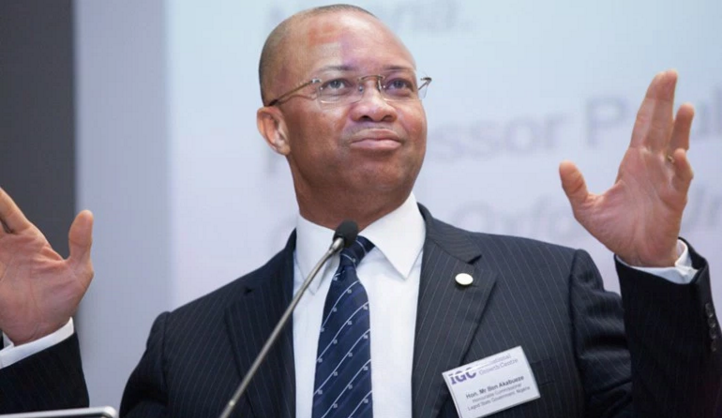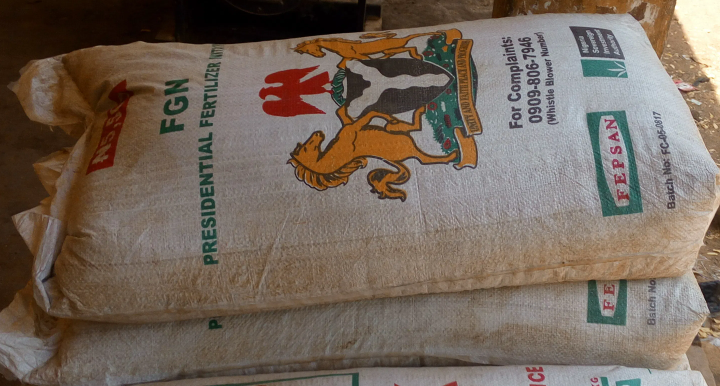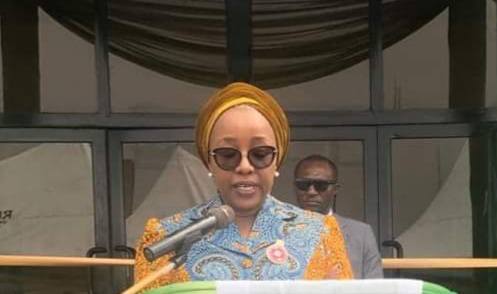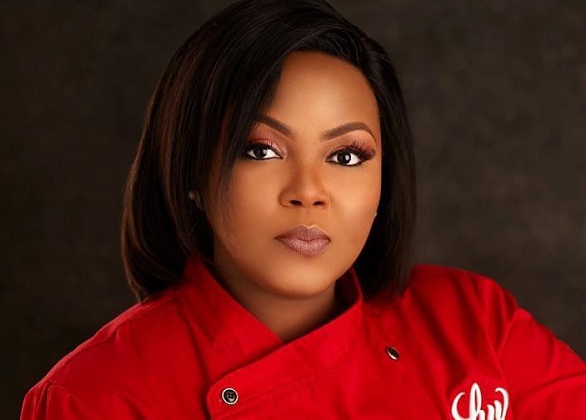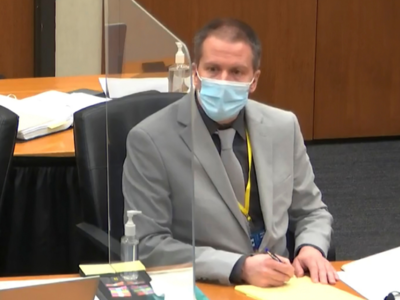Ben Akabueze, director-general of the budget office of the federation, says Nigeria is a poor but potentially rich country.
Akabueze, who spoke during an interview on Channels TV on Thursday, said a poor country requires several considerations before lifting itself from its situation.
He said one of such considerations is borrowing loans to boost commercial activities and increase revenue.
According to him, Nigeria’s current situation fits the definition of poverty as the country lacks adequate resources to meet its rising needs.
Advertisement
“It is important, first of all, for that point to sink into Nigerians that we are not a rich country, we are a potentially rich country. But the reality today is that we are a poor country because looking at the definition of poverty – when the resources you have cannot cover your needs, you are poor,” he said.
“At the level of individuals, sometimes the decision as to what you do is easier. But at the level of a nation, it is not that straightforward.
“At the level of a nation, the government has certain mandatory obligations. For instance, the constitution says the primary duty or function of government is the security and welfare of the people.
Advertisement
“So, if the security of the people is threatened, the government cannot say or throw its hands in the air and say ‘we don’t have money.”
“There are mandatory obligations that government has to the people, which it has to figure out a way to deal with. And globally, borrowing is one of the ways that government.
“It will be hard to find that country around the world that does not borrow. So, borrowing per se is not an issue; and sustainability is simply about putting your eyes on making sure that when it is time to pay up the debt that you borrowed, that you can do so.”
Akabueze said Nigeria’s debt profile has grown based on poor exchange rate.
Advertisement
He said the country had battled recessions in the past, which has affected economic activities and revenue.
“It is also true that the government has taken loans substantially since 2015. First, there was a recession in 2016/2017. Then, in 2015, oil prices sank, leading up to 2016,” he added.
“That triggered recession for many oil-producing and oil-dependent economies. That creates the need to borrow. When an economy goes into recession, and that is part of what I was saying that a nation is not the same as an individual, nations tend to act counter-cyclically.
“When you find yourself in a recession, the time-tested way to get out of recession is to what we call spending your way out of recession.”
Advertisement
Akabueze’s comment aligns with Senate President Ahmad Lawan’s remarks after a meeting with President Muhammadu Buhari on Thursday.
The senate president said the country is “poor” with available options.
Advertisement
“Our options are very limited as a country. First, we don’t have the necessary revenues. Nigeria is poor; we shouldn’t deceive ourselves,” Lawan had said.
“Nigeria is not rich, given the circumstances we live in, given the challenges we have. Our resources are so low; our revenues are so low, and therefore, the option of not doing anything, just to sit — because we have no money, we shouldn’t go for infrastructure development — is not even an option worthy of consideration.”
Advertisement
Add a comment
